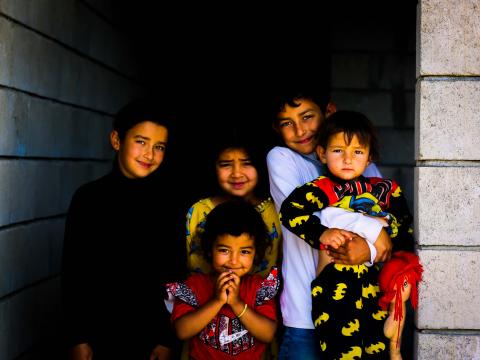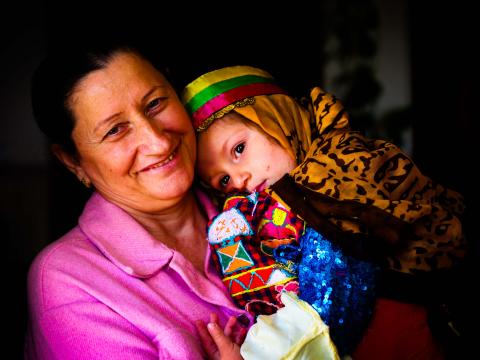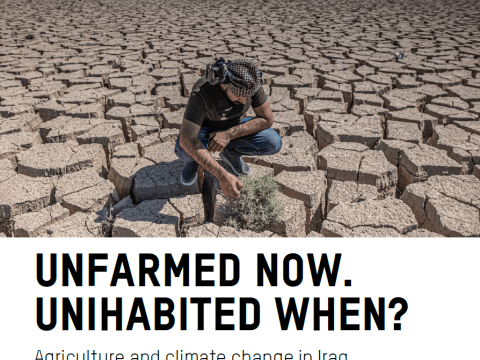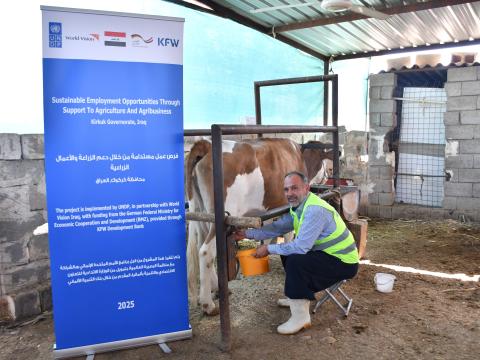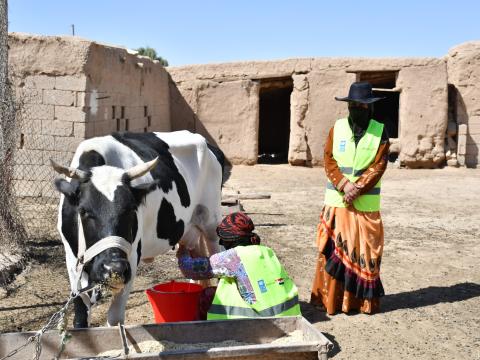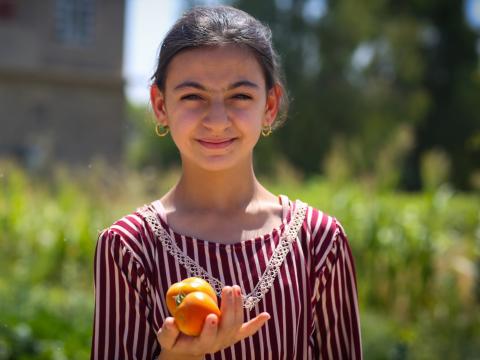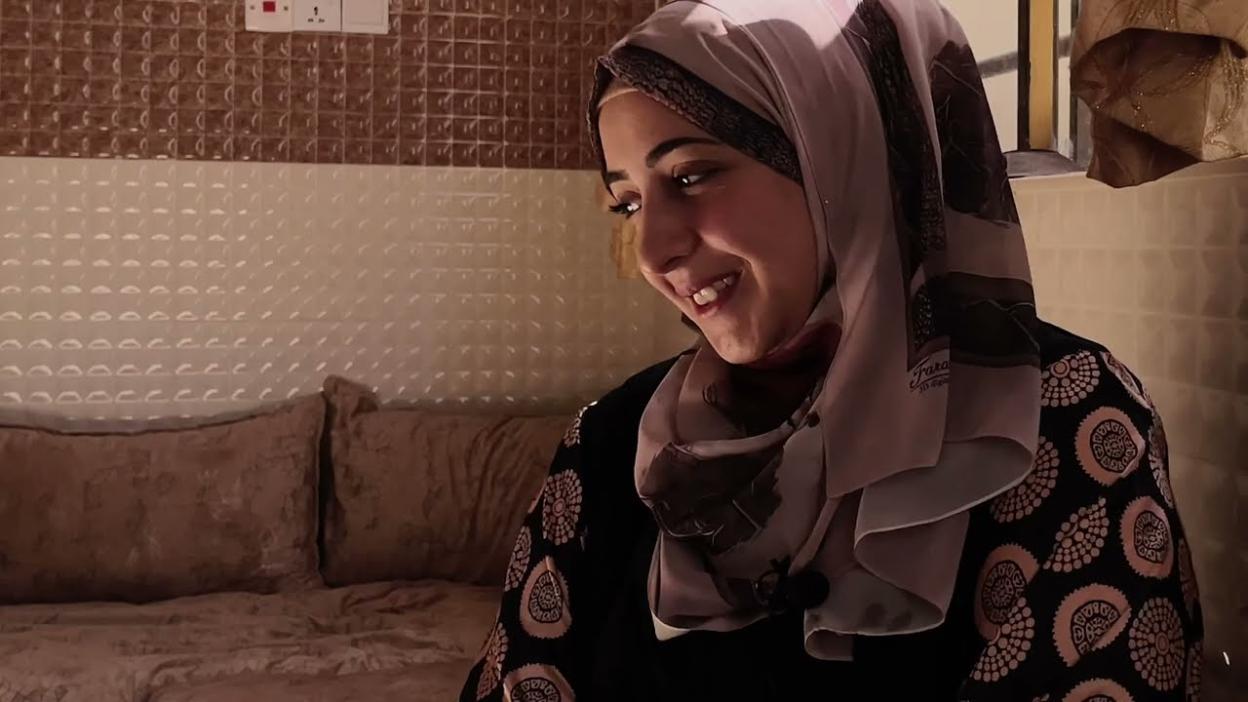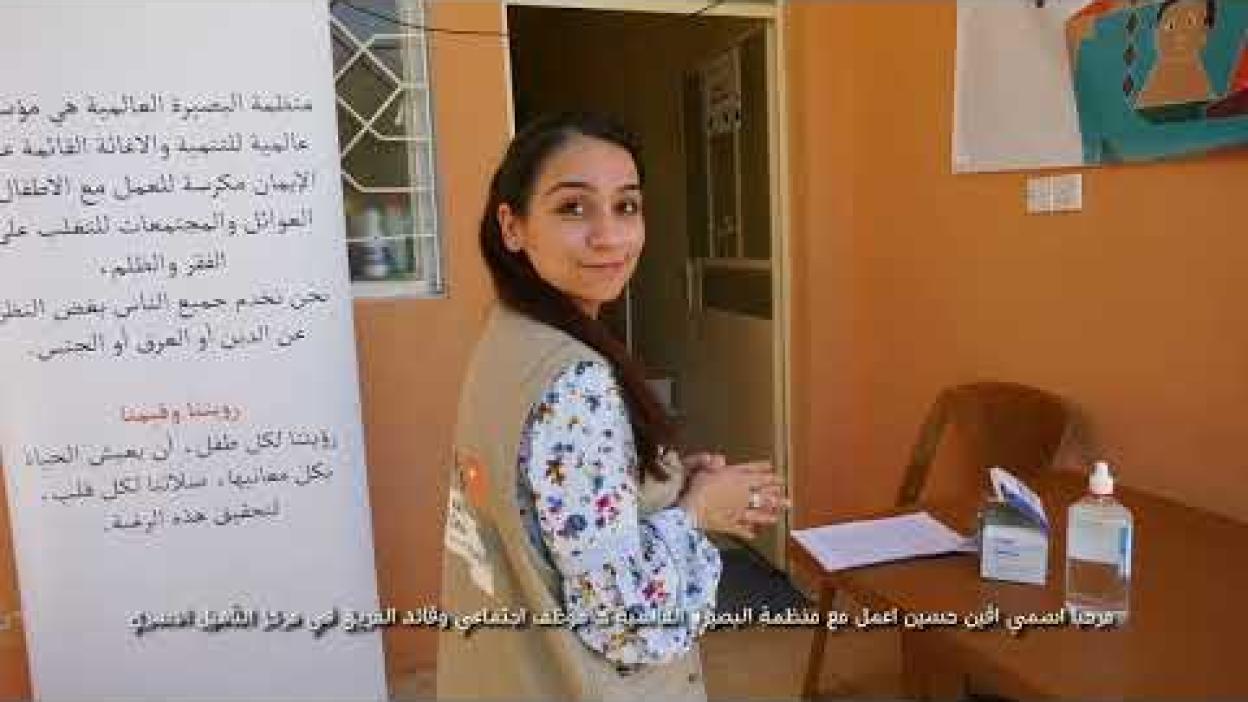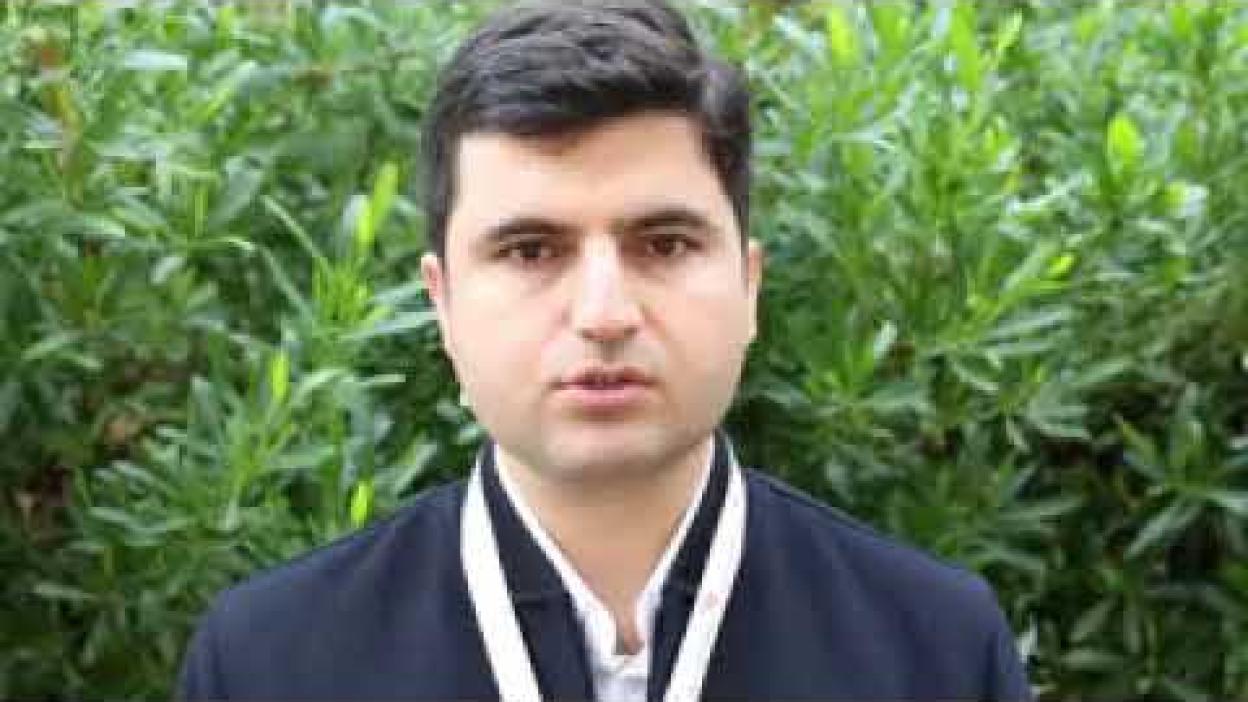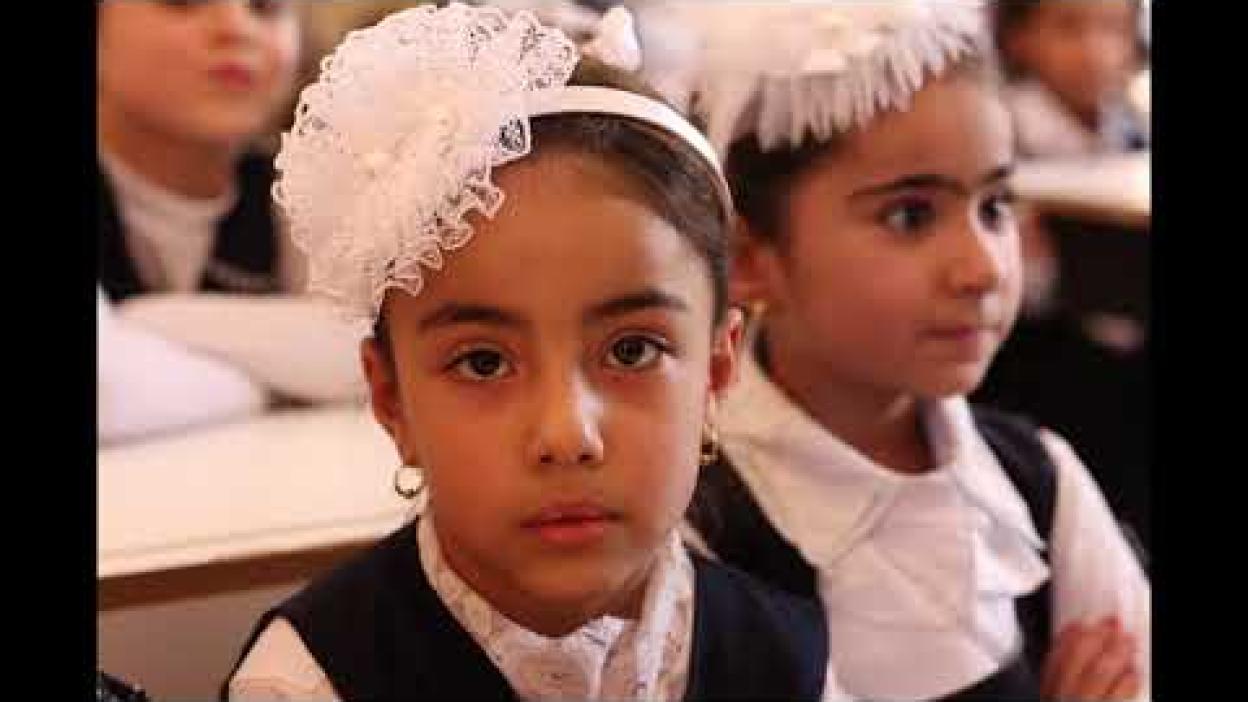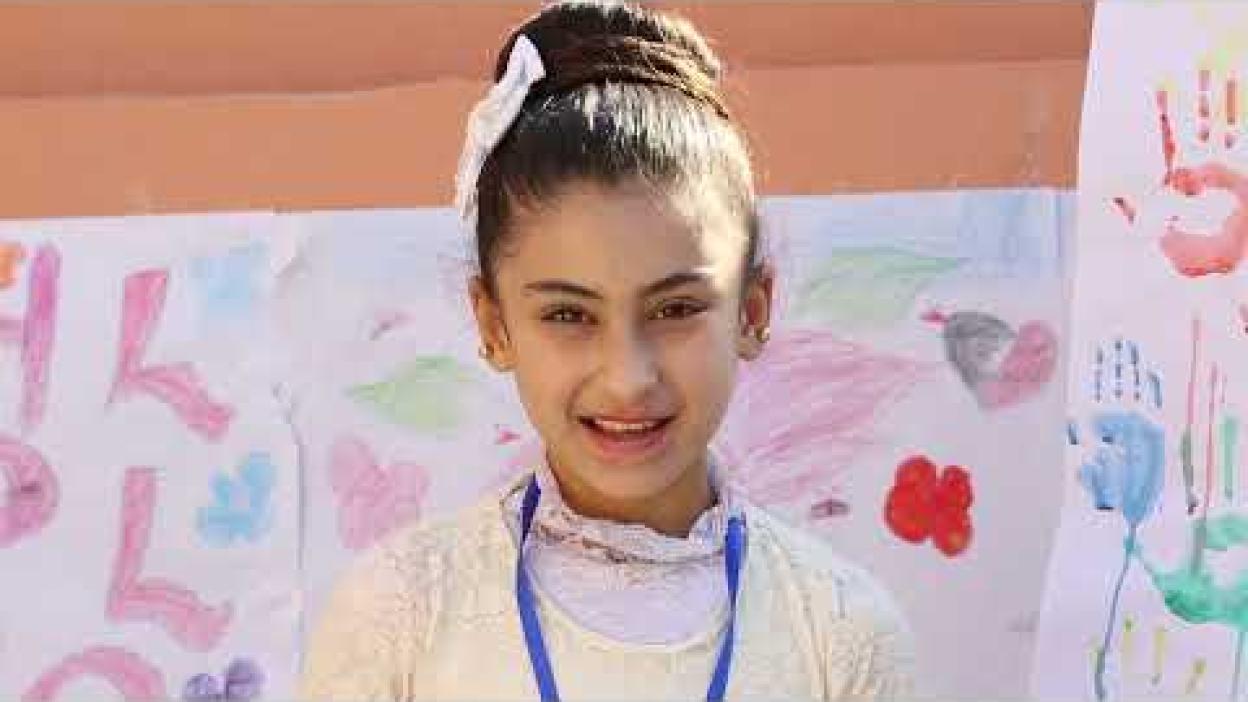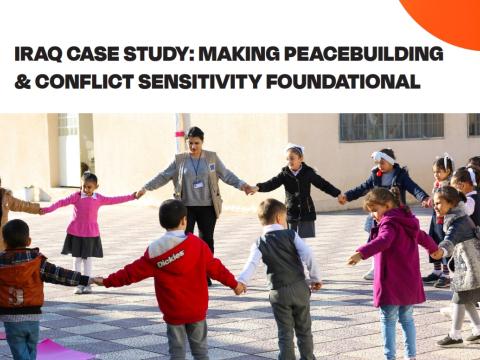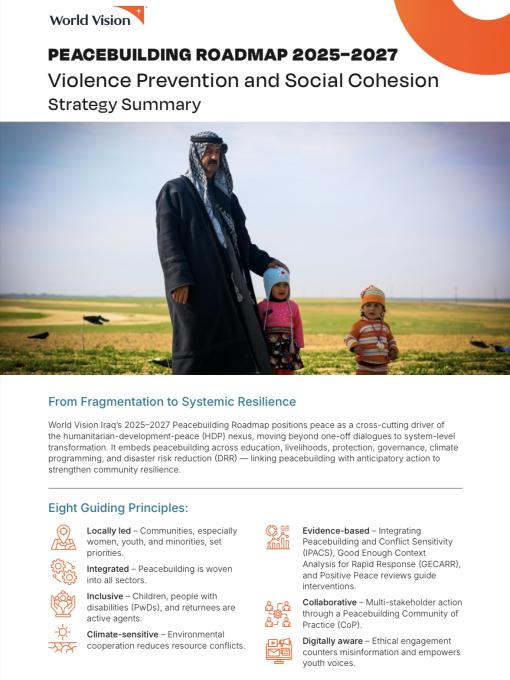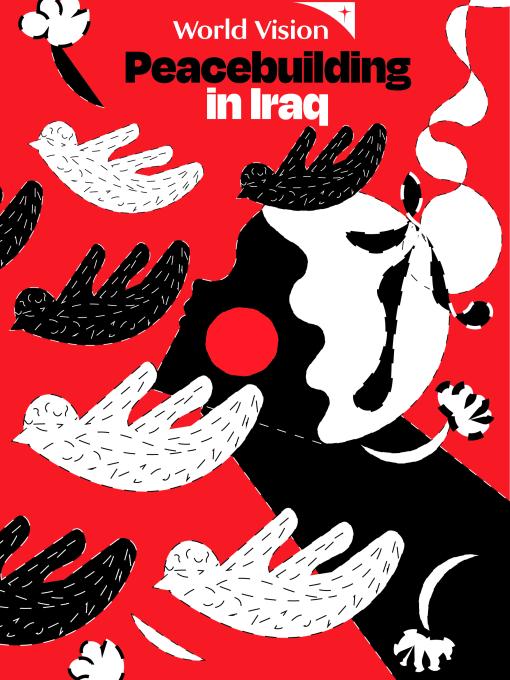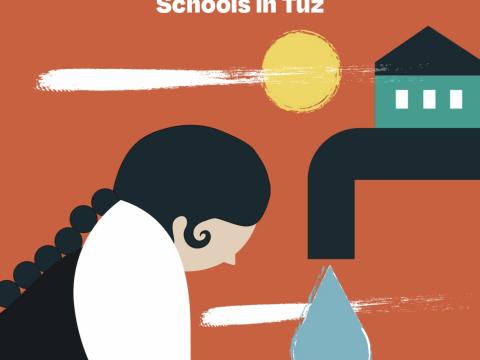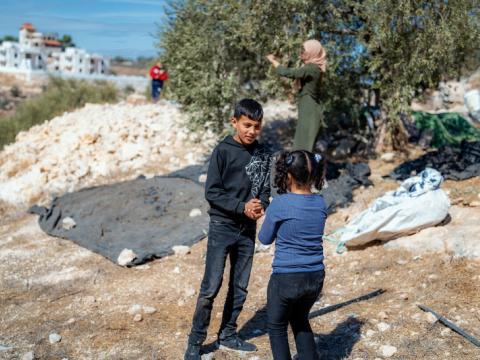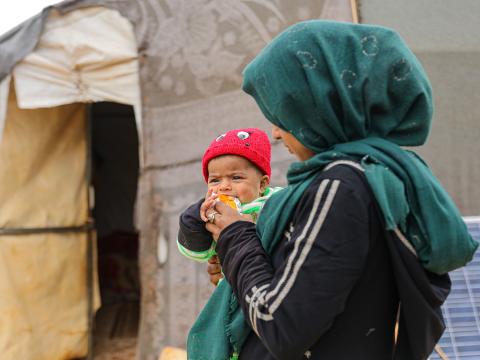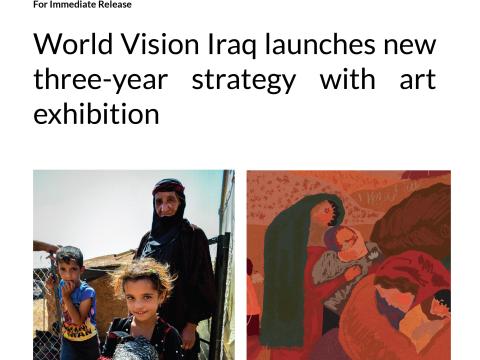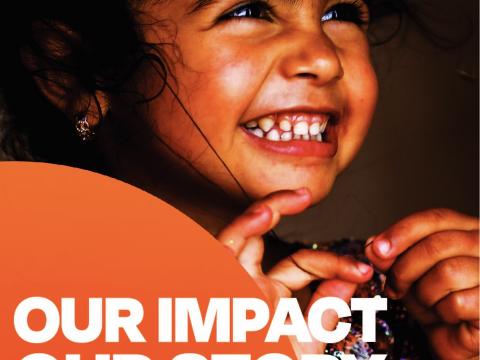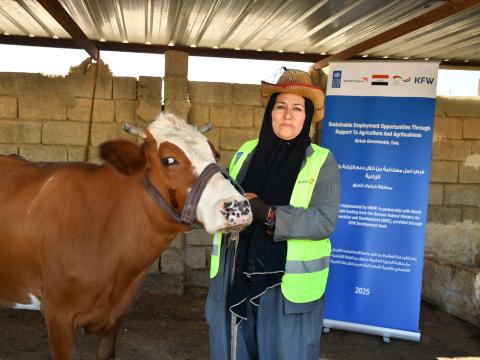
Iraq
World Vision Iraq
World Vision has been responding to the crisis in Iraq since 2014 serving refugees, IDPs, returnees and host communities. World Vision Iraq has helped 358,710 people in Anbar, Duhok, Erbil, Kirkuk, Ninewa, Salah al-Din, Sulaymaniyah, in 2022. We received $11,955,834 in annual funding.
World Vision is expanding its reach to assist children and families in various locations where support is needed. We are intentionally strengthening our dedication to children, aiming to empower them to cultivate positive relationships and lead lives filled with dignity.
World Vision Iraq also assists people after conflict, offering immediate and long-term support for recovery.
We focus on children, women, and men who are most in need, and we want to reduce suffering and help people rebuild their lives. Our response prioritizes interventions in Livelihoods and Economic Empowerment, WASH, Climate Resilience, Disaster Risk Reduction, MHPSS, Protection, Education, Inclusion, Peacebuilding and Social Cohesion.
World Vision Iraq uses local and global knowledge to help children, families, and communities. World Vision Iraq focus on evidence-based methods to make a positive impact.
Our Impact
397,962
3,250,868
2,315,236
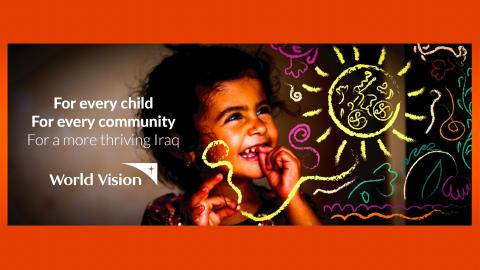
Our Areas of Focus
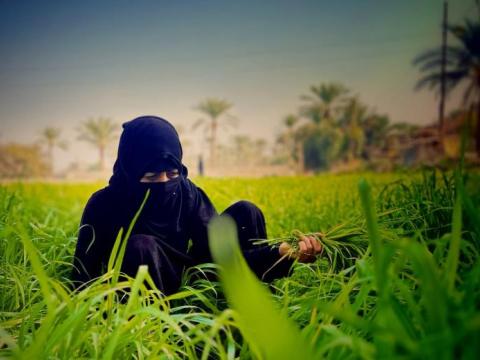
Livelihoods
In Iraq, World Vision is dedicated to supporting vulnerable individuals by addressing the root causes of food and livelihood insecurity and promoting self-reliance.
We work with farming communities on Climate Change mitigation and adaptation efforts through Environmental Stewardship and Climate Action (ESCA), with approaches such as Farmer Managed Natural Regeneration (FMNR) to enhance people’s meaningful participation.
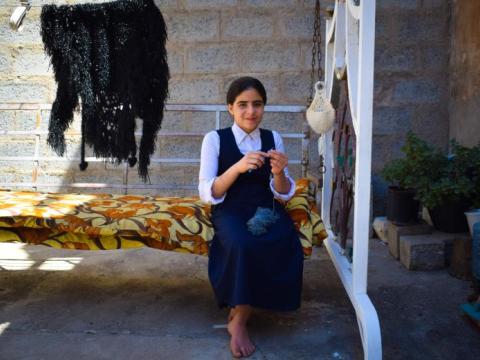
Water, Sanitation and Hygiene (WASH)
World Vision Iraq has made significant contributions to schools and healthcare facilities by providing essential services such as clean water, improved toilets, and efficient waste management systems. These interventions have greatly benefited children, women, and individuals with disabilities.
Our efforts have focused on enhancing drinking water and hygiene facilities for communities and households. We have prioritized the well-being of children in schools and families in returnee areas, ensuring they have access to clean water and proper sanitation facilities.
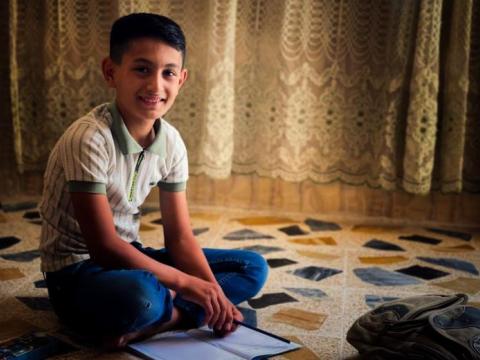
Education and Protection
World Vision Iraq aims to protect and support children and youth, as well as to overcome the disruption of education resulting from conflict and displacement.
World Vision Iraq provided case management, referral, awareness raising on child protection risks and education, and capacity development for local NGOs, educational personnel, and others involved in child protection.
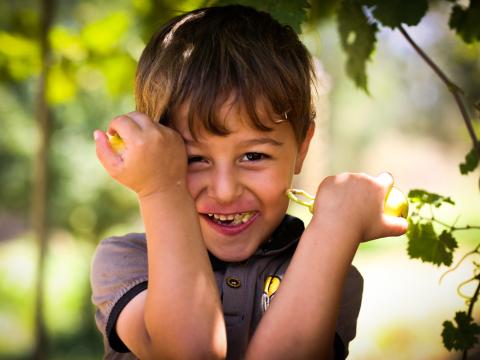
Mental Health and Psychosocial Support
We focus on a community-based MHPSS approach addressing mental, emotional, and psychosocial impacts on people by conflict, disaster, climate change, pandemics, and other drivers of poverty.
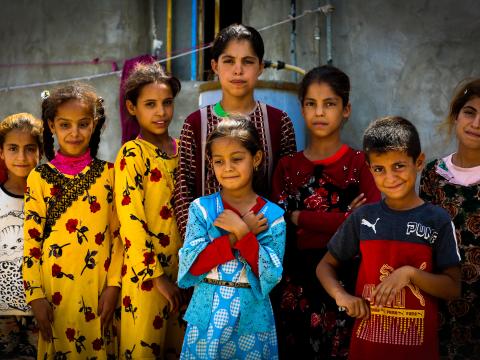
Peacebuilding
Conflict Sensitivity is foundational for all WV’s programming to ensure that the organization does not harm the children, their families, the communities, and other stakeholders. This is achieved via different context and conflict analysis tools. World Vision invests in “context monitoring” to keep a check on the dynamic context. The organization is committed to being agile in programming and organizational functions to respond to contextual needs proactively.
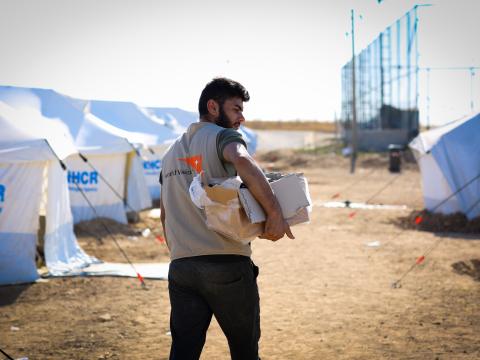
Disaster Risk Reduction
World Vision’s Disaster Risk Reduction programming is to improve the resilience of communities to disasters and to provide children with a safer environment to live in by addressing the drivers of risk and vulnerability in a changing climate. World Vision Iraq has a proven track record in disaster risk management and anticipatory actions.
